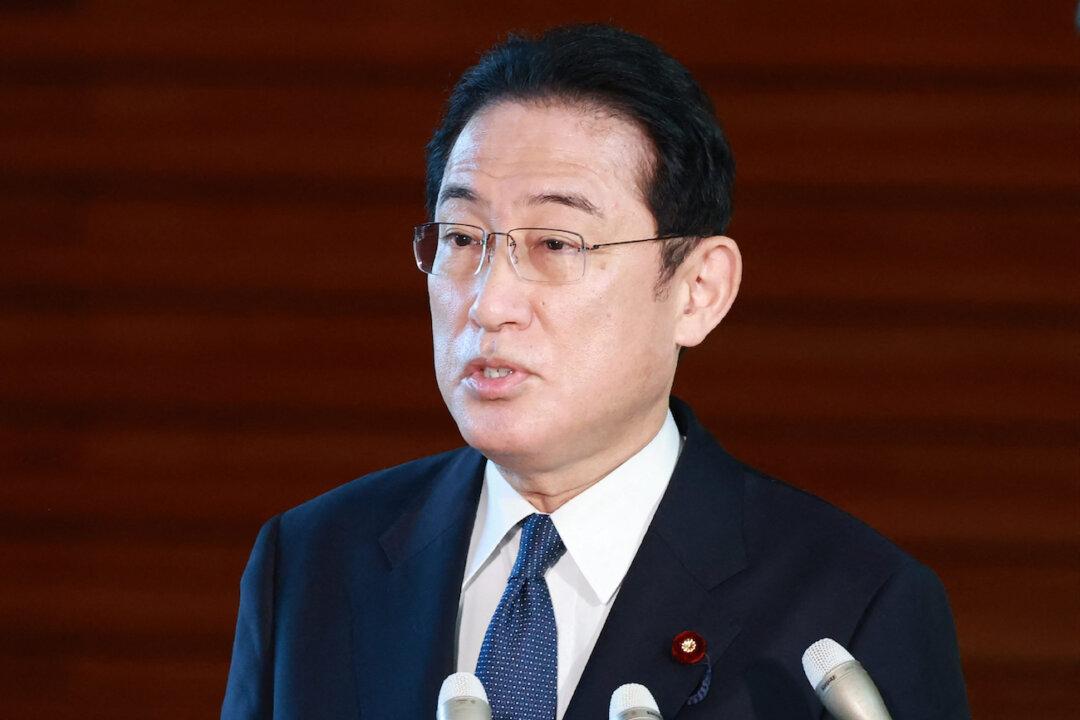Japan will begin lifting its border control measures in June and implement an entry process similar to that of other Group of Seven (G7) developed economies nations, Prime Minister Fumio Kishida said Thursday.
Kishida spoke at a press conference in London after his meeting with British Prime Minister Boris Johnson on global security and strengthening bilateral ties.





